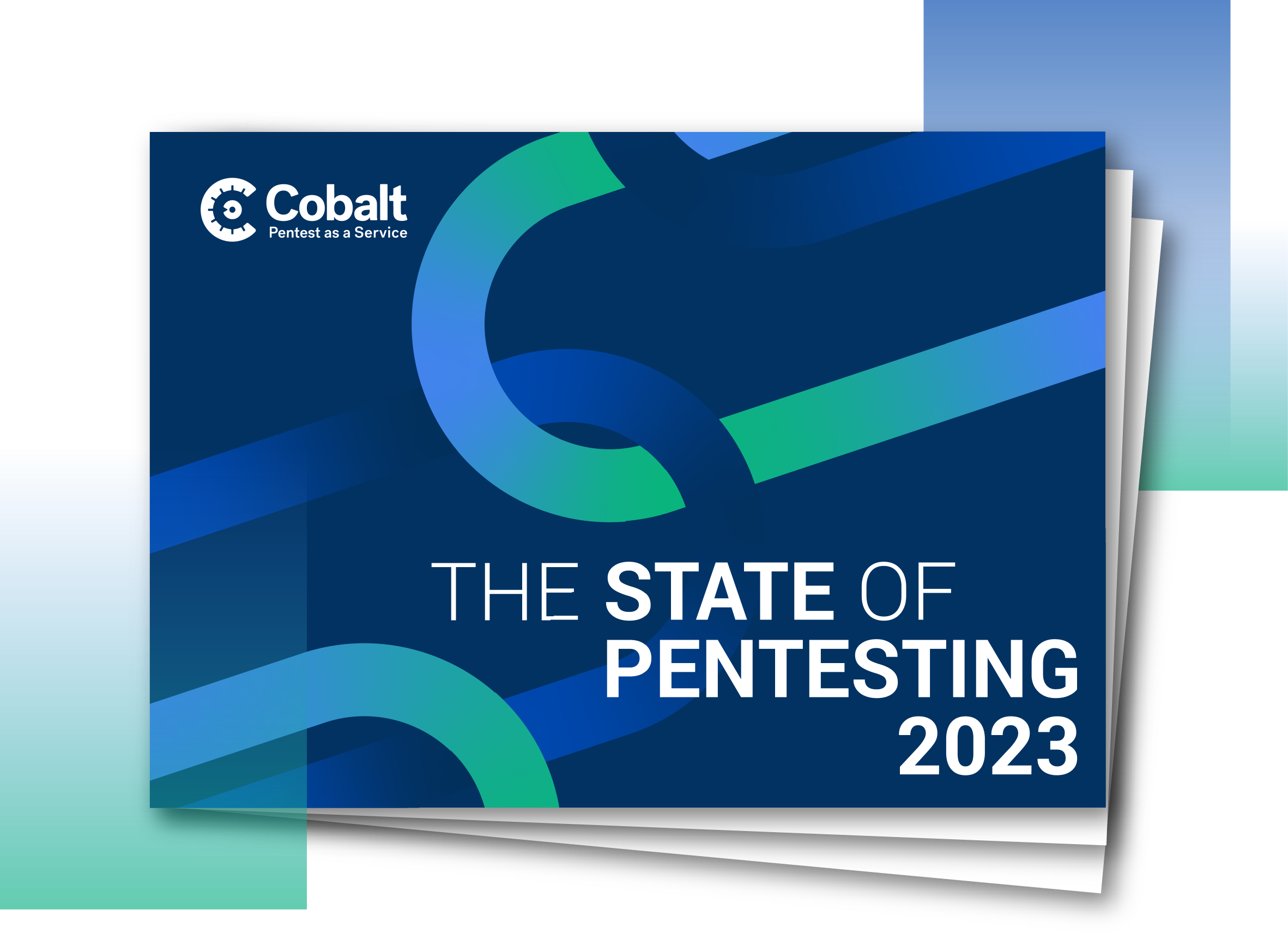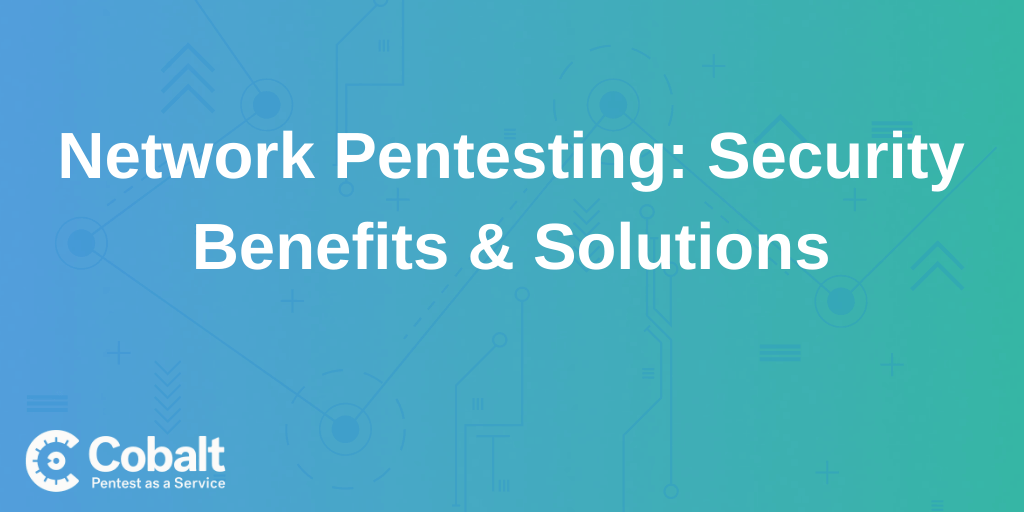Cyberattacks have plagued organizations for decades. As the world continues to adjust to the global pandemic, many are migrating to a remote-first work force. While this avenue of operations allows for business to continue operations, it creates additional layers of security risks that need to be addressed.
One of the most effective preemptive measures a company can take is to employ a network pentester to identify network weaknesses. With cybersecurity threats becoming ever-present, there’s an increased demand for network pentesting. As a result, it’s necessary to fully understand this process and its overall benefits. Join us as we answer “what is network security testing?” and explain the process that many security specialists employ to ensure your company doesn’t fall victim to digital attacks.
What is Network Pentesting?
A network penetration test (often referred to as a pentest) is the process of simulating an attack by a security officer that mimics the actions taken by an attacker. An authorized network security pentester will find exploits within a company’s network, peripherals, web apps, or website to uncover sensitive information.
Security professionals performing network security tests do so with the end goal to discover potential vulnerabilities an attacker may use to exploit the system.
Pentesting network weak points is a live exercise that can have real-world consequences. With pentesting insights, a company can make improvements to its security model with the information provided by a network pentest.
Benefits of a Network Pentest
Identifying potential network vulnerabilities often yield numerous benefits for a company.
The most important benefits of network pentesting include:
1. Discovering Exploitable Weaknesses in the Network’s Security
The battle between network security and cybercriminals is a war of escalation. As technology advances, those with a nefarious agenda devise new creative methods to break into secured networks.
To combat the growing threat, IT security professionals need to get into the mind of an attacker. Incorporating network pentesting into their process means they will need to exploit outdated versions of software, breakthrough inadequate firewall settings, and even manipulate personnel with common scams utilized by would-be attackers. All with the end goal of remediating these discovered vulnerabilities.
2. Factoring Risk Levels
During network pentesting, security will be able to find flaws in the network. Some of the vulnerable information identified may be relatively minor. In fact, it may pose minimal financial risk. In contrast, other tests may find backdoors to critical data that hackers can leverage against the company.
Determining which areas pose the most risk allows the organization to distribute resources to mitigate exposure properly.
3. Improve Security Posture
A company’s security posture encompasses the entirety of informational security status concerning software, hardware, networks, services, and information. Through network pentesting, IT security professionals can evaluate security controls and measures to improve any lack of efficacy.
Why Hire a Network Security Testing Professional
A network pentester must have the expertise to execute network pentesting properly. Improperly performed pentests run the risk of disrupting operations or even overwriting valuable company information.
By hiring a proper pentesting service provider, a company can secure its information from potential data breaches.
A properly trained tester will also be aware of the latest advancements in cybersecurity. When a company integrates a new application into its operations, it should check the program for vulnerabilities to the latest vulnerabilities and attack vectors.
Finally, it may be mandatory for your business to maintain a high level of data security to remain compliant with regulations. By hiring a network pentester, the company can ensure it’s adhering to industry requirements.
If you want to optimize your organization’s cybersecurity, contact Cobalt. We have the security solutions you need, including pentesting services and PCI compliance testing.




















